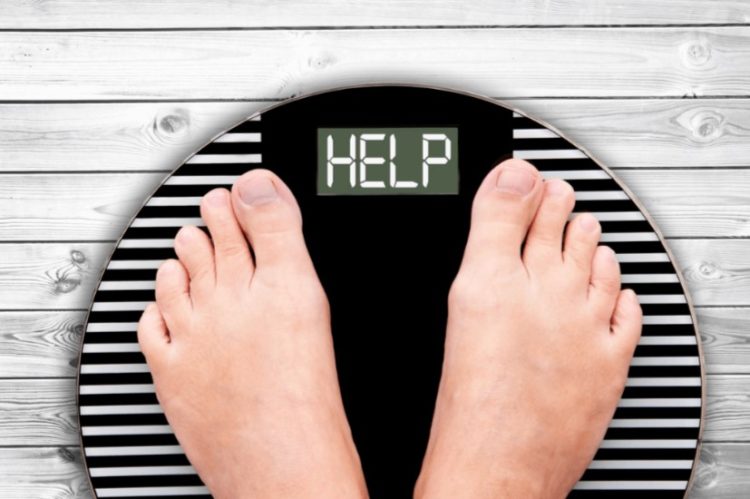Best Strategy for Fast Weight Loss
5 Simple Rules for Fast Weight Loss
Are you ready to face your weight loss goals head on? If you’ve given any serious thought to losing weight, you’ve probably struggled with questions about the most effective method and what’s actually needed versus what’s just hype. Should you follow a low carb diet? Go on a detox diet? Maybe it’s more cardio that you need. It seems weight loss information is often contradictory. Fortunately, these 5 essential rules to weight loss can help you lose weight quickly without jumping on the latest diet craze.
Start with the Basic Rules for Weight Loss
When you want to lose weight, the basics are definitely important. If you fail to implement the most basic weight loss strategies, no matter how diligent you are in following the finer points of your weight loss plan, chances are any weight you lose will only be temporary. If possible, implement all 5 of these basic rules at the start of your weight loss journey; however, if it seems too overwhelming, it’s okay to gradually introduce these essential rules for weight loss success.
Eat Quality Whole Foods
There are certainly many different diet plans, but the one that will give you the best results is the one that is focused on high quality foods, such as whole grains, lean protein, a variety of fruits, and plenty of vegetables. It’s important to choose the foods that are the least processed; these will offer the most health benefits. Additionally, a study published in the American Journal of Clinical Nutrition found that a high protein diet could result in twice the fat loss as a moderate protein diet. And, according to reports in the Journal of the American Dietetic Association, consuming more fruits and vegetables can also help to increase weight loss. So, sticking with whole foods as much as possible can be an excellent way to achieve fast weight loss.
Move More
Sure, most people think about hitting the gym or increasing their exercise routine in some way; however, it’s not just about your workout. You should focus on moving more throughout your entire day. This is true even if you regularly workout at the gym. A sedentary lifestyle is going to lead to an increase in weight gain. The U.S. Department of Health and Human Services currently recommends a minimum of 150 minutes of moderate intensity aerobic activity per week, in addition to twice a week strength training activities.
Get Enough Sleep
Research has clearly shown a link between not getting enough sleep and weight gain. It’s not unusual to think that compromising the sleep you get has no long-term consequences; however, consistent, restful sleep has been shown to play an essential role in regulating weight. Not only does a lack of sleep increase the production of ghrelin, a hunger hormone, but one study even showed that dieters who slept only 5-1/2 hours each night, lost less body fat and more lean body mass than those who logged 8-1/2 hours of sleep each night.
Pay Attention to Circadian Rhythms
Getting enough quality sleep is definitely important; but, when you get that sleep can also have an affect on your weight. There’s a great deal of information regarding circadian rhythms, but when it comes to fast weight loss, many people overlook how this natural sleep cycle can disrupt their weight loss efforts.
It’s normal for your body to want to be up and active during daylight hours and in bed sleeping when it gets dark. When this natural pattern is interrupted, the pathways in our brain that are responsible for regulating weight are also disrupted. This can quickly lead to an increase in weight. In fact, flipping your natural circadian rhythms can lead to burning 12% to 16% fewer calories, this can add up in a hurry. If you work the night shift or you have a schedule that requires you to be up all night, it’s essential that you pay close attention to the other factors listed here that can help with weight loss.
Reduce Stress
Of course, reducing stress is not always easy, but if you are serious about losing weight, you might want to start implementing some meditation or mindfulness techniques into your daily schedule. This is an important tip, especially if your goal is fast weight loss. Studies have shown that chronic stress can lead to an increase in weight. A study that was published in the journal Obesity found that people who had higher levels of cortisol (the stress hormone) also weighed more, had larger waists, and had higher BMIs (body mass indexes).




